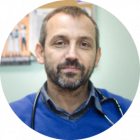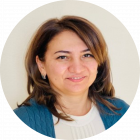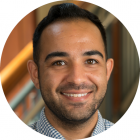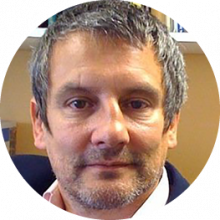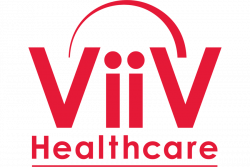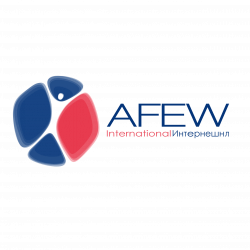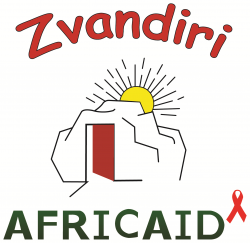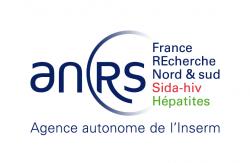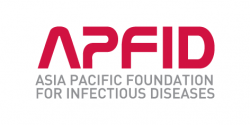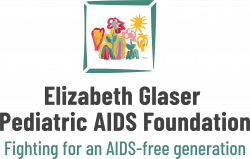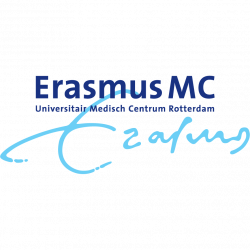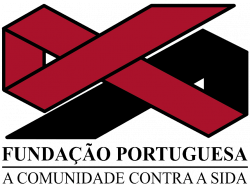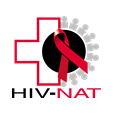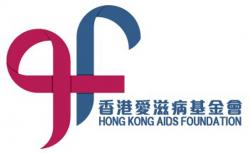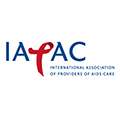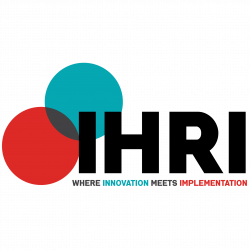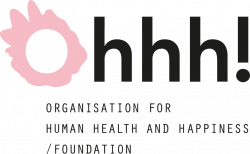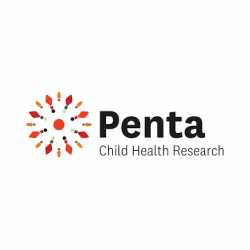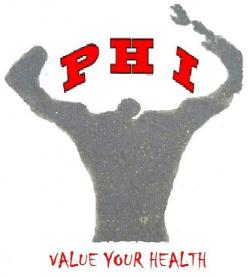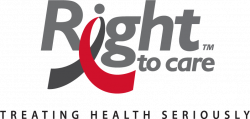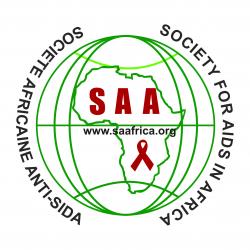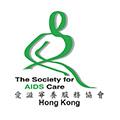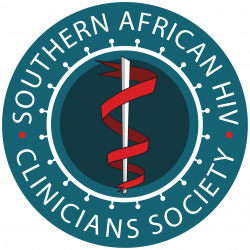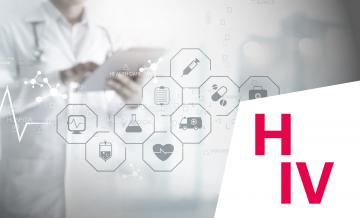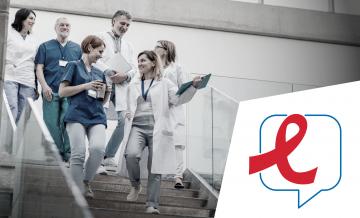The presentation videos and slides for speakers’ lectures are made available, provided that they have granted us permission to do so.

International Workshop on Innovations in Delivery of HIV Care 2021
Related Enduring Materials
In Memoriam: Dr. Charles Boucher
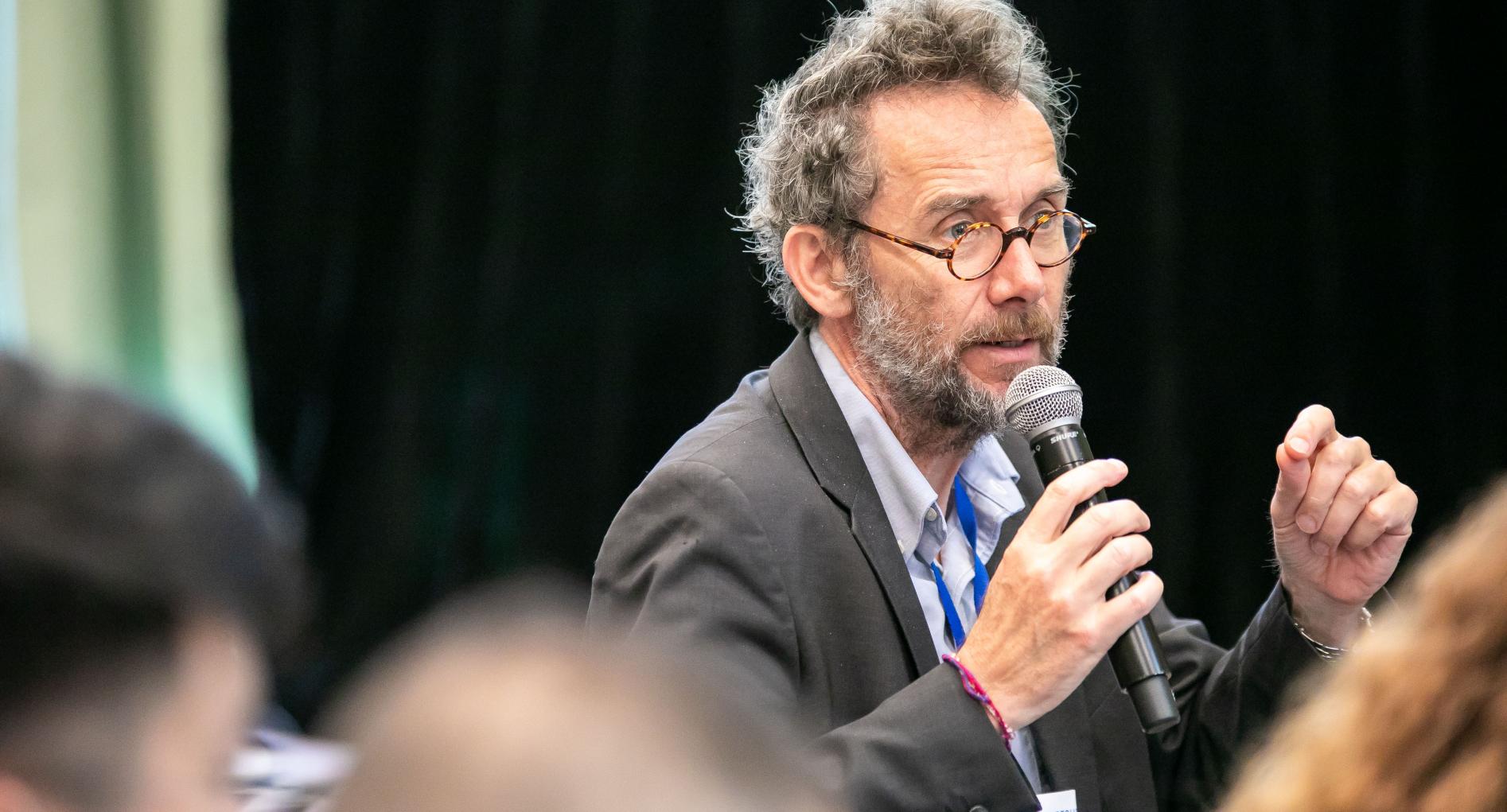
The death of Charles Boucher robs us too early of not only a wonderful person, but also one of the greatest innovators, scientists, and educators in the field of infectious disease.
I can only think in awe of how Charles has changed the process of education which undoubtedly has led to improvements in HIV care and I hope has been translated into other disciplines.
Charles always put the patient and doctor on an equal footing allowing us to work together to forge the correct path in care. Always based on science, but tempered with compassion, often missing in other educational programs.
What a great man - It beholds us all to never forget him and to continue his quest to educate and innovate!
Prof. Mark Nelson, Program Director of Innovations in Delivery of HIV Care
Read the full memorial for Dr. Charles Boucher from Virology Education and Academic Medical Education: In Memoriam >
Overview
The advent of highly active antiretroviral therapy has been associated with the suppression of HIV in the majority of individuals able to access therapy. This has been associated with a reduction in both HIV and non-HIV related morbidity and mortality. This in turn has been associated with an aging HIV population. The improvement in antiretroviral choice and individualization of care has led to substantial reductions in drug related toxicity and the ability to switch to equally effective antiretroviral therapy often using novel agents with ongoing antiretroviral therapy. Similar success is occurring with drug prevention strategies for HIV with increasing numbers of agents likely to be available in the near future.
The high rates of antiretroviral success and the increasingly healthy, although aging, HIV population has led to new strategies being developed for providing ongoing HIV care. These changes in the provision of care have been accelerated through need secondary to the recent COVID-19 pandemic with a move from standard regular face to face consultation to a greater reliance on telemedicine and virtual clinics.
Whilst this move away from clinic visits may be suitable for those with stable disease the correct strategy/strategies is yet to be discerned and is likely to need individualization both as regards clinical setting as well as the individual patient.
It is unlikely that one size will fit all and different groups affected by HIV are likely to require different plans and there will also be the issue of providing care for those with co-morbidities which may shift towards the primary care setting.
With new formulations including intramuscular injections and sustained release delivery through other routes likely to be available how these medications are best delivered and to who will require research and evidence both in the setting of treatment and prevention.
General Information
Through an agreement between the Union Européenne des Médecins Spécialistes and the American Medical Association, physicians may convert EACCME® credits to an equivalent number of AMA PRA Category 1 CreditsTM. Information on the process to convert EACCME® credit to AMA credit can be found at www.ama-assn.org/education/earn-credit-participation-international-activities.
Live educational activities, occurring outside of Canada, recognised by the UEMS-EACCME® for ECMEC®s are deemed to be Accredited Group Learning Activities (Section 1) as defined by the Maintenance of Certification Program of the Royal College of Physicians and Surgeons of Canada.
- Keynote Lectures
- Panel Discussions
- Abstract Presentations
Practical Information
Translation will not be provided.
Program Director
The members of the Organizing Committee are a group of carefully selected experts and inspirational leaders in their respective fields. They meet frequently to discuss the scientific program of the workshop, identify interesting topics and candidate speakers, and review all submitted abstracts.






